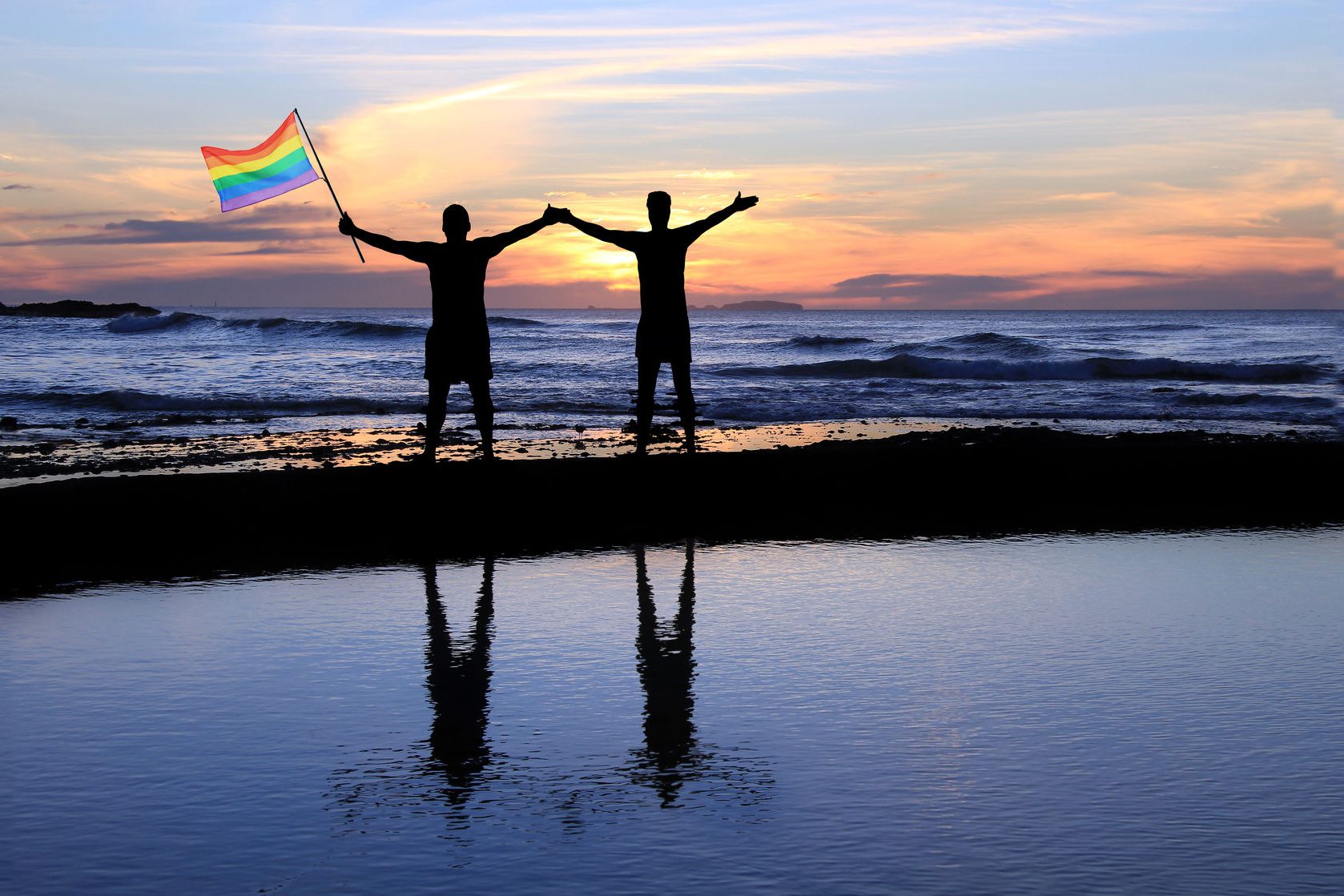
ON AUGUST 10, 2016, the Supreme Court in Belize ruled the law criminalizing same-sex sexual active between males unconstitutional.
Belize, bordered by Mexico, Guatemala, and the Caribbean Sea, is a small English-speaking country on the eastern coast of Central America. Section 53 of the Belize Criminal Code reads: “Every person who has carnal intercourse against the order of nature with any person or animal shall be liable to imprisonment for ten years.” Similar laws were put into place in other Caribbean countries during the periods of time they existed under British colonial rule. While Britain repealed its own laws (first in 1967, and then more broadly in 2003), the standard remained in its former colonies until The Bahamas became the first to fully decriminalize in 1992. Still, this does not necessarily signal acceptance of LGBT+ people in The Bahamas. In ‘Buggery’ and the Commonwealth Caribbean: a comparative examination of the Bahamas, Jamaica, and Trinidad and Tobago, academic Joseph Gaskins, Jr. explains how repealing the law didn’t necessarily change the way the justice system and society viewed LGBT+ people:
The age of what was considered a ‘minor’ was increased by two years – from 16 to 18 – for those engaged in same-sex intimacy. The law, however, removed the prohibition against ‘buggery’ and ‘lesbianism’ in private, despite the fact that the laws dealing with same-sex intimacy were still kept under the heading ‘unnatural’, along with the ‘unnatural connection with any animal.’
In July 2010, the case of Caleb Orozco v. The Attorney General of Belize initiated the first challenge to the criminalization of sex between two men in Belize and, more broadly, the Caribbean. From the moment it started, the case sent a ripple of hope out to LGBT+ communities in other countries in the region, potentially pushing governments to engage in the conversation about decriminalization.
Caleb Orozco runs United Belize Advocacy Movement (Unibam) —the only LGBT-led non-governmental organization working on policy and advocacy using the rights-based approach to reduce stigma and discrimination. In 2009, Orozco entered into conversation with law professors from University of the West Indies Rights Advocacy Project about building a case to challenge bans on same-sex relationships in one Caribbean country, hoping to set a precedent for others. It was determined that Belize was the best country to target first, because of the strength of its constitution on rights and freedoms.
The Belizean Roman Catholic, Anglican, and Evangelical church organizations sided with the government, participating in the legal proceedings. Belize Action was formed with a focus on “awareness of issues pertaining to morality, righteousness, & legislation, as well as stirring strategic action on those issues.”
As do many former colonies, the preamble of Belize’s constitution, ratified in 1981, states its principles “acknowledge the supremacy of God.” It continues:
the Nation of Belize shall be founded upon principles which acknowledge…faith in human rights and fundamental freedoms, the position of the family in a society of free men and free institutions, the dignity of the human person and the equal and inalienable rights with which all members of the human family are endowed by their Creator.
For many people, the idea of God and understanding of biblical text is paramount to human rights and fundamental freedoms. The principles religion espouses are touted by influential bodies like the church, its congregants, and the partnerships they form. The Church is able to exercise tremendous power, both by using biblical text to support its position when facing congregants and pointing to the reference to God in the preamble of the constitution to control the government. These tactics, in combination, force political leaders to acquiesce when the alternative seems to go against the God or religion of the majority. Because of this church-state relationship, the fight for the expansion of LGBT+ rights is long and arduous.
The decriminalization of same-sex sexual activity between men is one step toward the recognition of the rights of LGBT+ people in Belize. However, there are still no laws to protect this marginalized community from hate crimes. LGBT+ people are still fighting for their dignity, access to health care, and protection from employment discrimination. They are disproportionately affected by violence, including sexual harassment and assault. While many people opposed to LGBT+ rights are concerned about the possibility of civil unions and same-sex marriage, members of the community are focused on their right to live.
Small island-states Nauru and Seychelles also decriminalized same-sex sexual activity in 2016. More than 70 countries still criminalize LGBT+ people. Civil unions or same-sex marriage is recognized in six Latin American countries including Colombia and Argentina. There is still much work to be done in the region, and hopefully this court decision in Belize galvanizes that work.
















